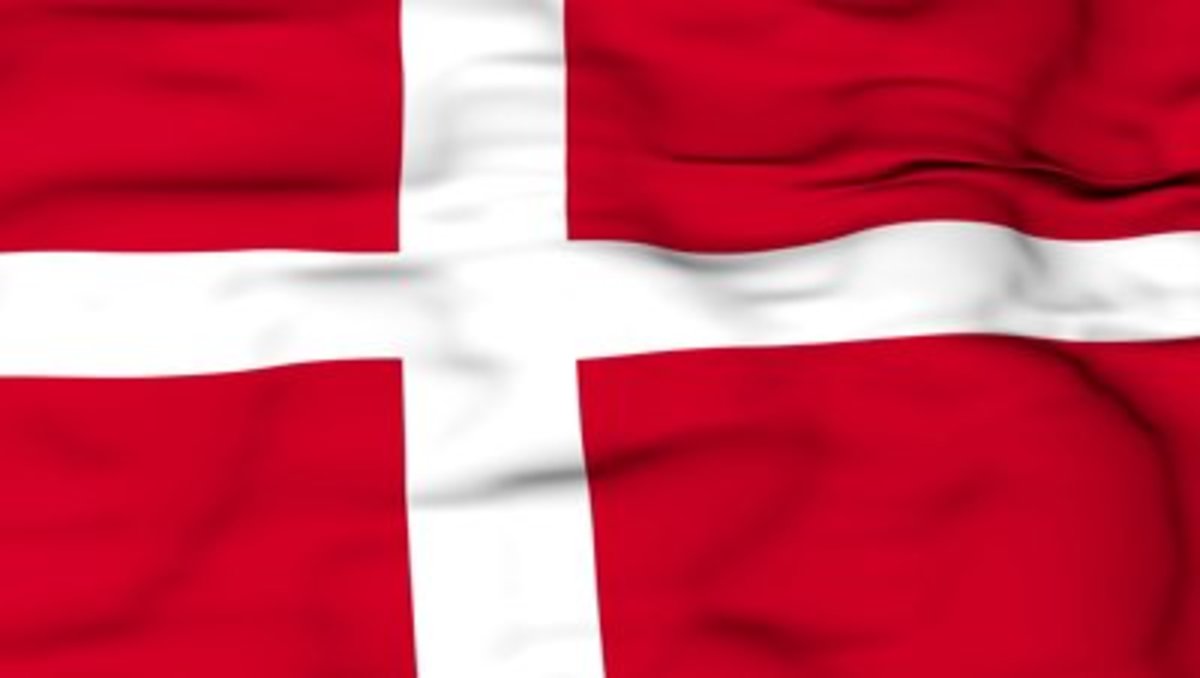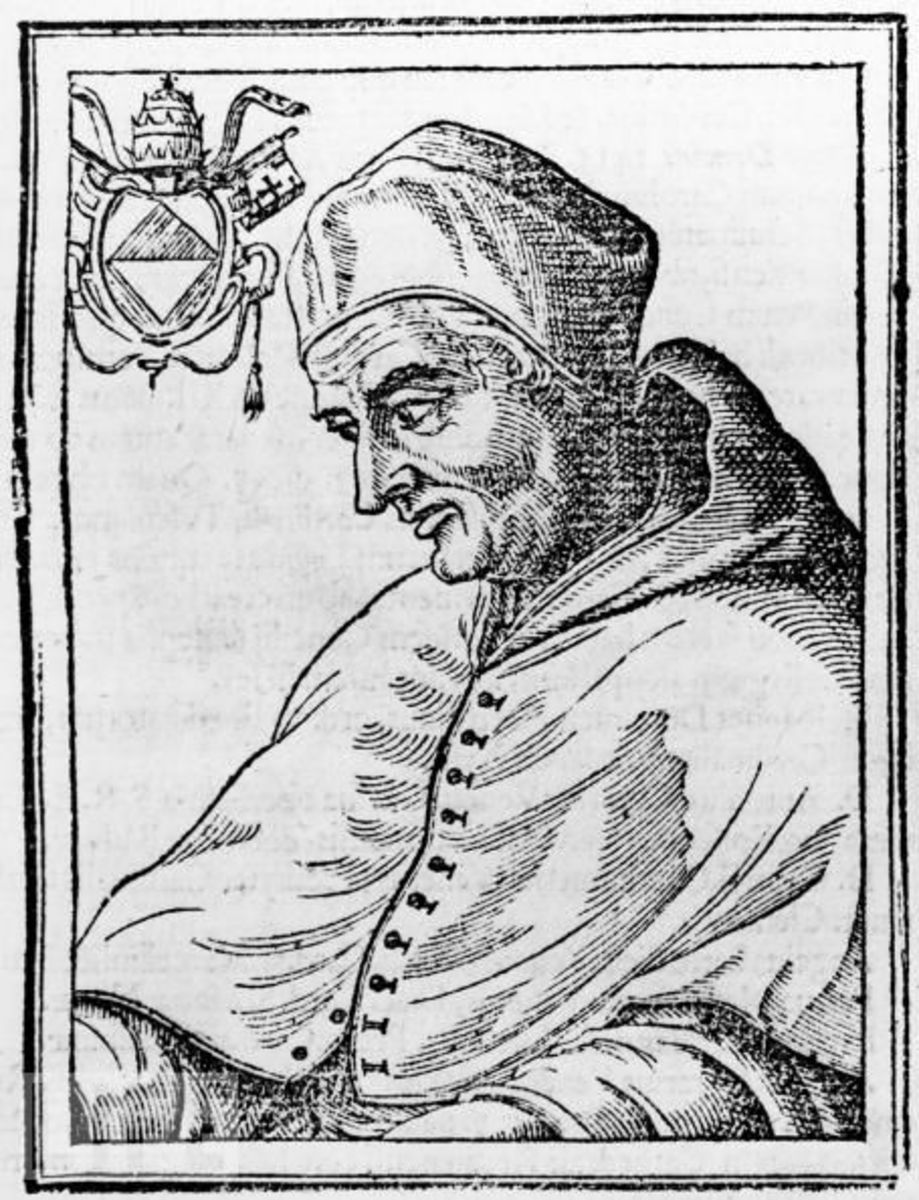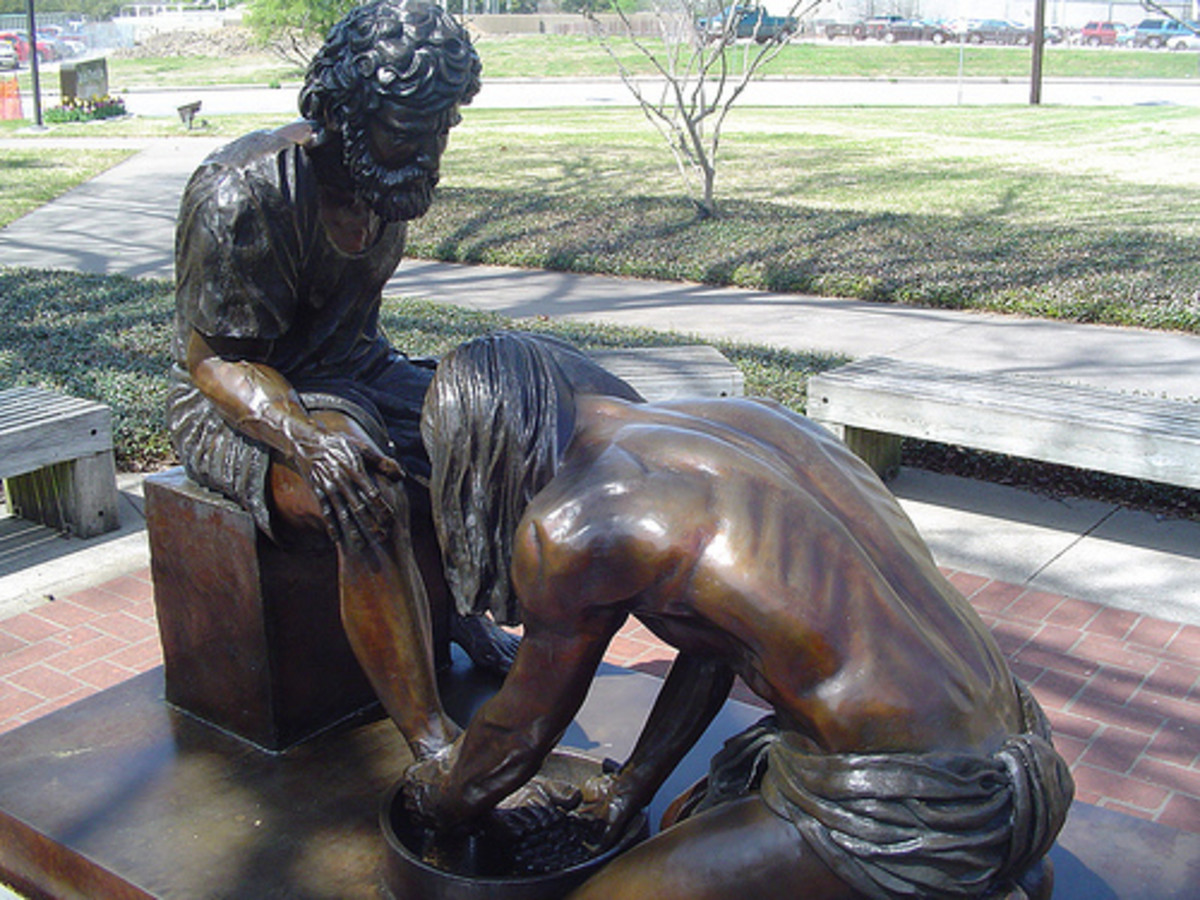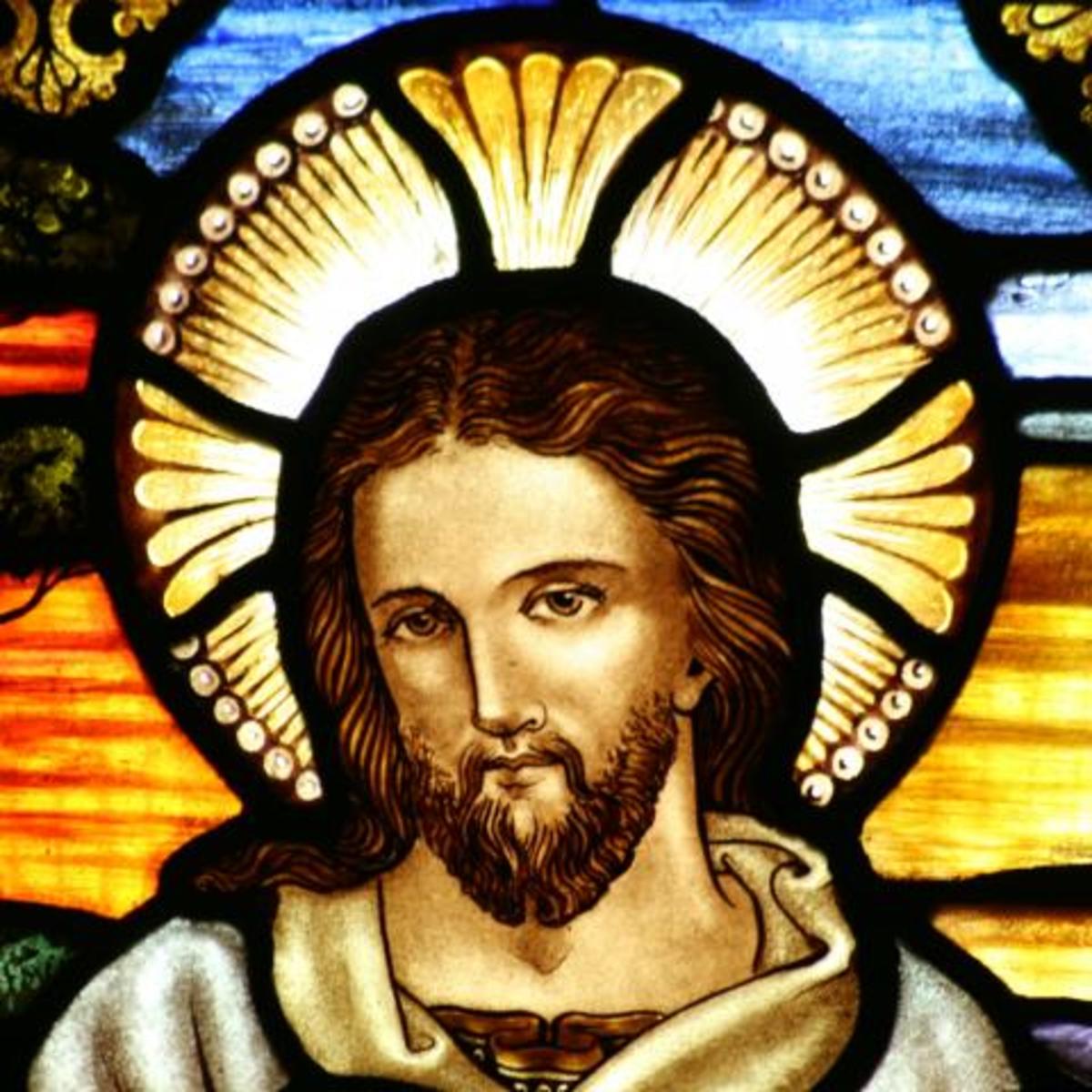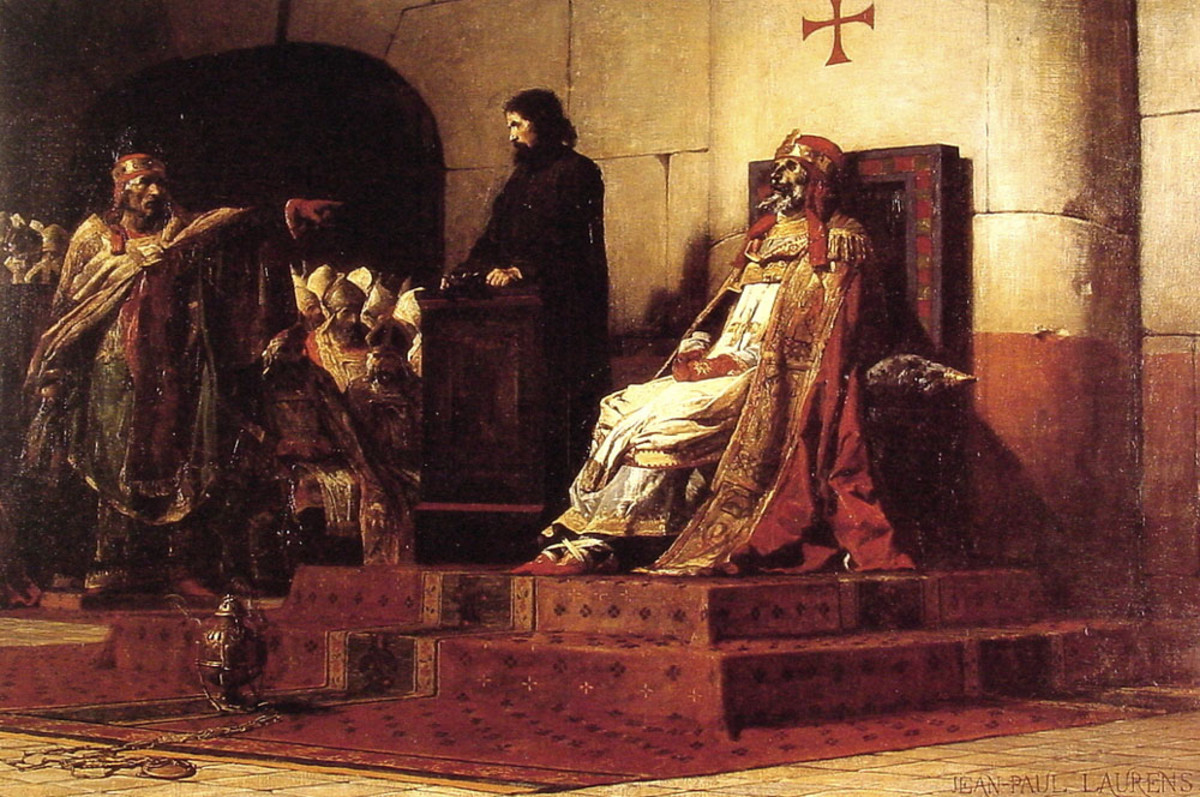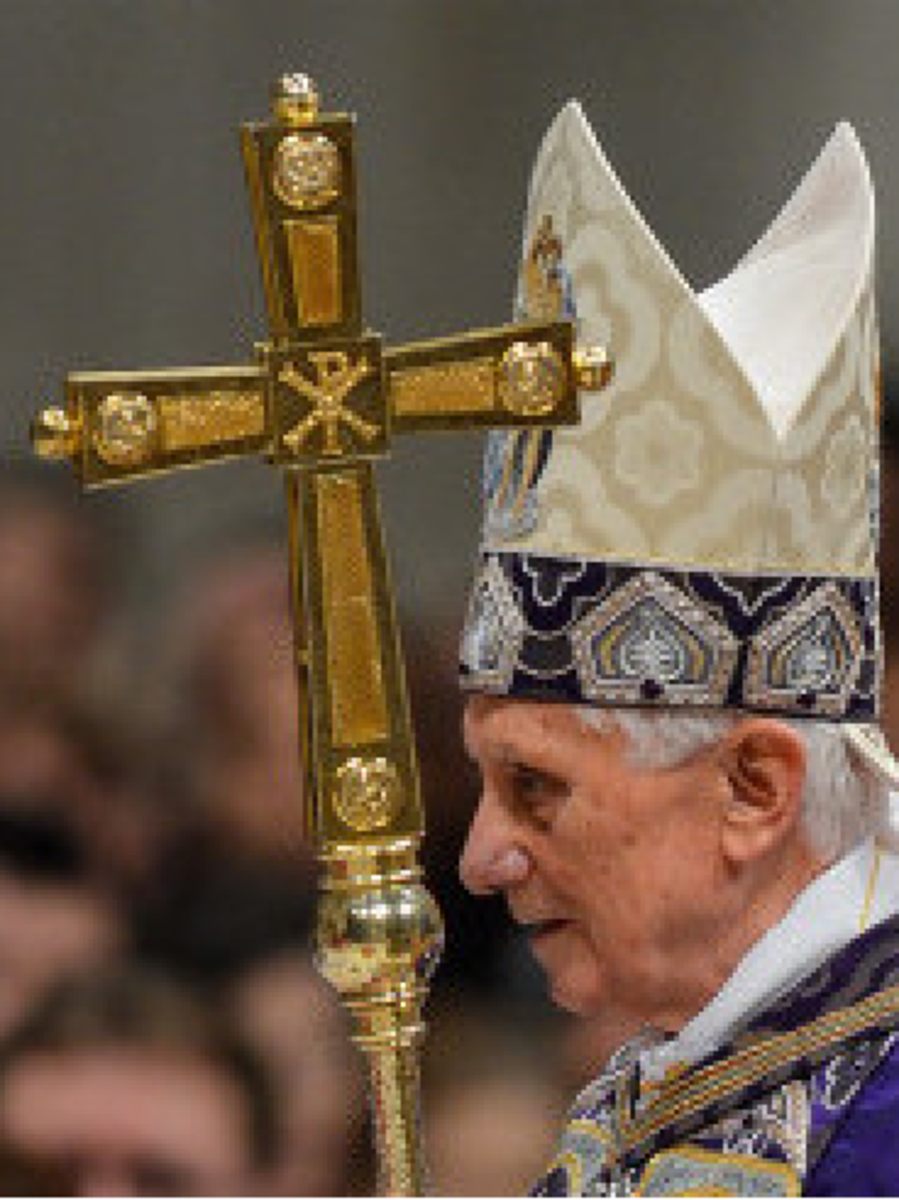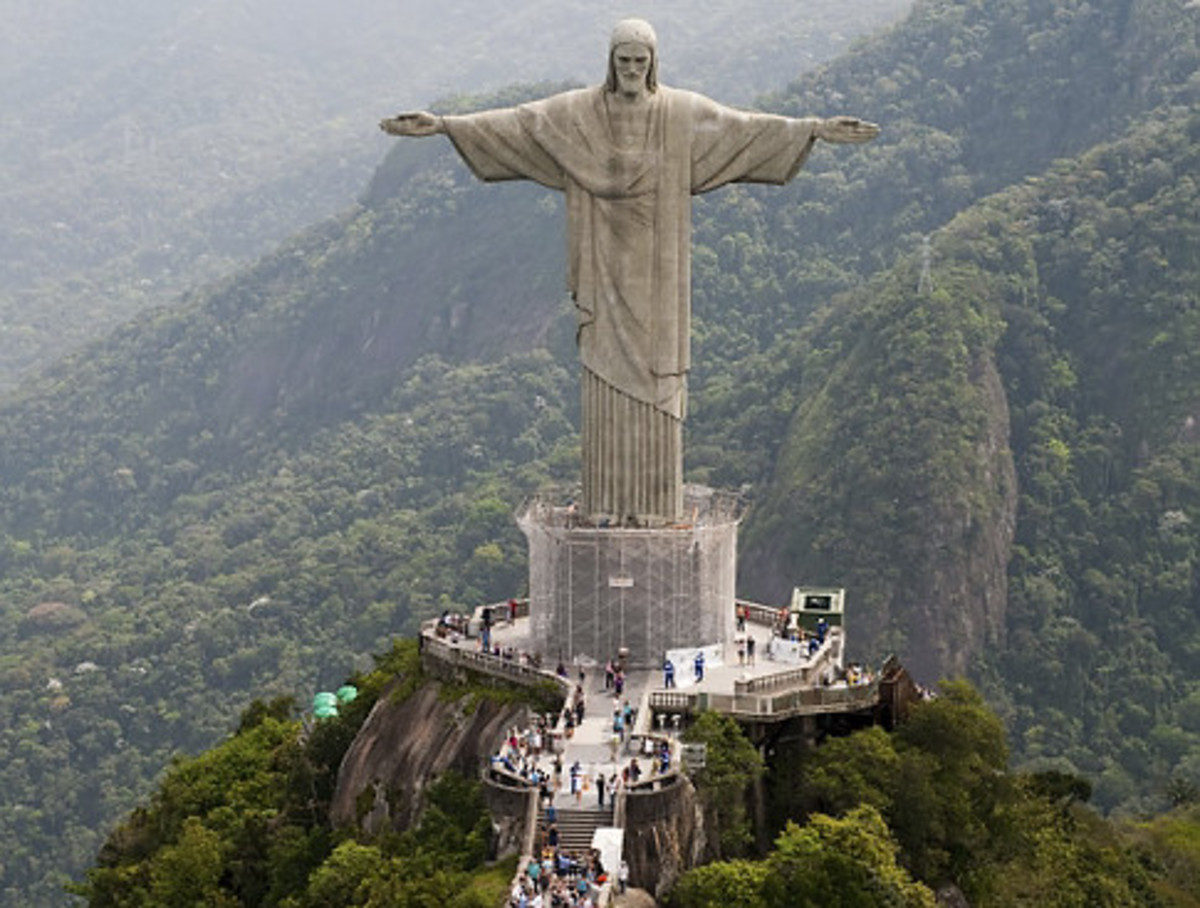Hidden Truth About The Vatican City
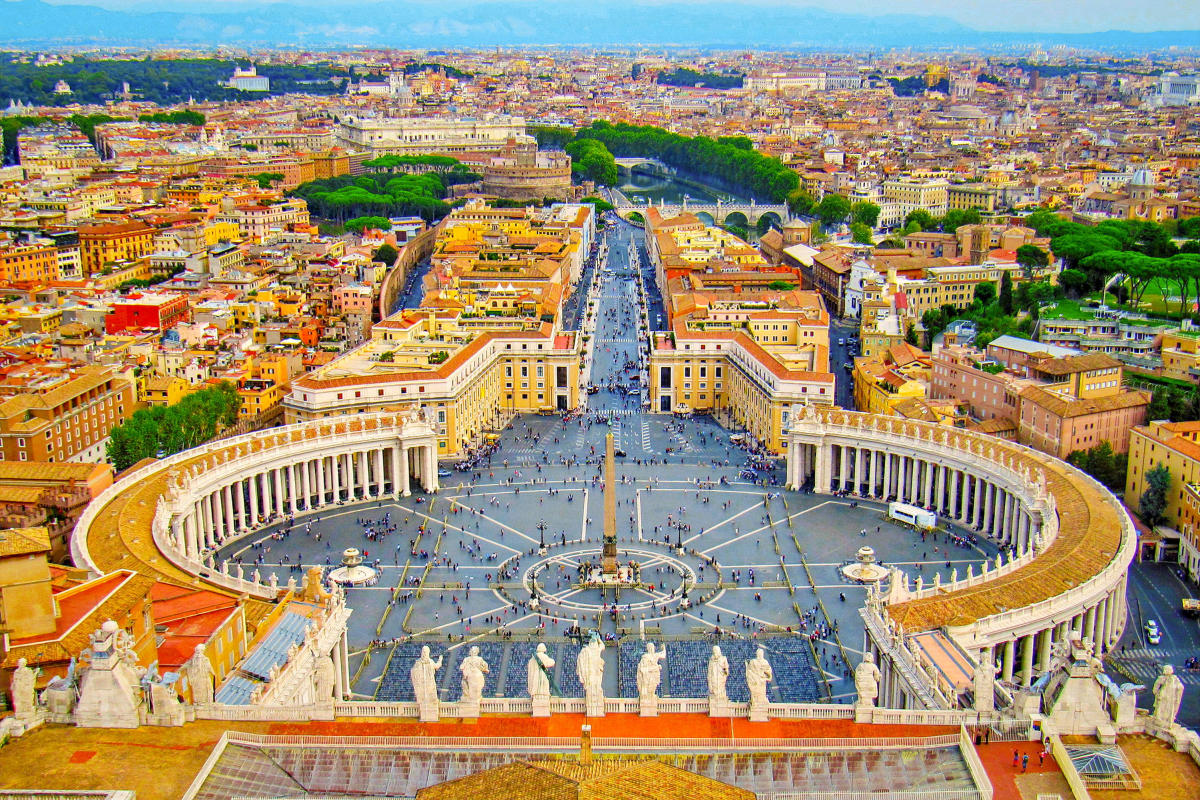
Vatican City: The Smallest Nation
Vatican City is the capital of the Catholic Church. The Vatican City is the home to the Pope, owner of impressive collections of art and history all contained within the borders of the world's smallest country. Yes, the Vatican is the smallest country in the world. The Vatican City is conveniently circle navigatable on foot in only 40 minutes.
Historical Roots: From Papal States to the Vatican
Just how did the world end up with this tiny nation? The short answer is: because Mussolini, and the long answer is fiendishly complicated. So here's a simplified medium version.
The Popes used to rule a country called the Papal States that covered much of modern-day Italy. It was during this 1000+ years reign that the Pope's constructed St. Peter's Basilica, the largest church in the world.
They also built a wall around the base of a hill known as "Vatican" upon which St. Peter stood. But the Kingdom of Italy next door thought Rome would make an awesome capital for their country and so conquered the Papal States.
Vatican City and Mussolini: The Creation of a Nation
This nation destroyed the Pope hid behind the walls of Vatican and conflicting refused to acknowledge that the Kingdom of Italy existed while simultaneously complaining about being a prisoner of the Kingdom of Italy, which according to him, didn't exist, rather than risk religious Civil War.
By getting rid of the Pope, the Kingdom of Italy decided to wait him out, assuming he'd eventually give up. But religion is nothing if not obstinate.
60 years later, nothing had changed, which now brings us to Benito Mussolini. Benito Mussolini was the then Prime Minister of Italy, who was tired of listening to the Pope complaining to Italian Catholics about his self-imposed imprisonment. So Mussolini thought he could score some political points by striking a deal which looked like this:
- Italy gave the land of Vatican to the Pope and a bunch of apology and money. In return, the Pope acknowledged that Italy existed.
- The Pope promised to remain neutral in politics and wars on the off chance. Mussolini thought this might be a thing. The deal was signed in a new country. Then, Vatican City was born.
Governing the Smallest Country, the Vatican City: Unique Political Structure
And today, the tiniest nation on a hill has all the things you'd expect of a country. The Vatican City has its own government that makes its own laws that are enforced by its own police. It also has its own bank and prints its own stamps and issues its own license plates.
Though only its citizens can drive within its borders, presumably because of the terrible parking and as the true mark of any self-respecting nation, it has its own top-level domain, (.va)
Vatican City’s Monarchical System Explained
But despite all these national trappings, Vatican City is really not like any other country. Hold on to your fancy hat because it's about to get weird.
To understand the Vatican, there are two people and two things you need to know about. The famous Pope, the incredibly confusing "Holy See", the country of Vatican City, and along with the almost completely unknown king of Vatican City.
Unraveling the Complexity of the Vatican: The Holy See and the Pope
But first, the Pope gets a throne to sit upon and from which he acts as the bishop for all the Catholics in Rome. Actually, all bishops in the Catholic Church get their own thrones but because the Bishop of Rome is also the Pope, his throne is special and has its own special name.
To the Holy See, every time a Pope dies or retires, there is a sort of 'Game of Thrones' to see which of the bishops will next occupy the Holy See. So while Popes come and go, the throne is eternal, and as such, the name of the Holy See not only refers to the throne, but also all the rules that make the Catholic Church the Catholic Church.
When Mussolini crafted that aforementioned deal, technically, he gave the land of Vatican City to the Holy See, which believe it or not is an illegal corporate person in international law.
Basically, every time you hear the words "Holy See," think of Catholic Church Incorporated, of which the Pope is the CEO.
Citizenship and Demographics: A Unique Case
The king of Vatican City has absolute unchecked power within the country's borders, and his presence makes Vatican City one of only six remaining absolute monarchies in the world. This includes Brunei, Oman, Qatar, Saudi Arabia, and Swaziland.
The King's absolute power is why Vatican City can't join the European Union because only democracies are allowed.
Vatican City does, strictly speaking, have a legislative branch of government staffed by Cardinals appointed by the Pope. The king of Vatican City can overrule their decisions at any time for any reason.
So why do you never hear about the king of Vatican City? Because though the King and Pope are two different roles, they just happen to be occupied by the same person at the same time, which has a funny consequence.
The Pope is elected, and the king is all-powerful, but they're the same guy. It makes Vatican City the world's only elected non-hereditary absolute monarchy. It's this dual role that makes untangling Vatican City so difficult because the Pope, depending on the situation, acts either as the king of the country of Vatican City or the Pope of the Holy See.
Got it? No! Okay, here's an analogy:
- Imagine if a powerful international company, let's say "Signal Industry," had a CEO who convinced the United States to give one of its islands to the company, which then made the island into a new country.
- Signal Industries is an absolute monarchy as its government, and the law states that the king of Signal Propolis is, by definition, the CEO of Signal Industries.
- It's pretty obvious at this point that the CEO should move his corporate headquarters to the new nation so that the laws of the country can benefit the company and the company's global reach can benefit the country.
Vatican City's Global Influence
As for the man in the middle, sometimes it's good to be the CEO and sometimes it's good to be the king. That is essentially Vatican City.
But if you're still confused, don't worry. Even other countries can't keep it straight
For example, The United Nations has the Holy See. The corporation has a member, but not Vatican City. The actual country and the Holy See give passports to Vatican City citizens that other countries accept even though those passports come from a company, not a country.
And speaking of Vatican City citizens, they are perhaps the strangest consequence of the Pope's dual role as a religious leader and monarch. While other countries mint new citizens with the ever-popular process of human reproduction, Vatican City does not.
No one in Vatican City is born a citizen. And that's not just because, within a rounding error, there are no female Vatican citizens. The only way to become a citizen is for the king of Vatican City to appoint you as one, and the king only appoints you as a citizen if you work for the Pope who is also the king.
And because the king is all-powerful, your citizenship is at his whim. If you quit your job for the Pope, the King, he will revoke your citizenship. These rules mean that Vatican City doesn't have a real permanent population to speak of.
There are about 500 full citizens which is fewer people that live in single skyscrapers in many countries. And all these citizens work for the Holy See as either cardinals or diplomats or the Pope's bodyguards or other Catholic-related jobs.
So it's best to think of Vatican City as a kind of sovereign corporate headquarters that grants temporary citizenship to its managers rather than as a real city-state like Singapore.
Singapore has a self-reproducing population of citizens engaged in a variety of economic activities, both of which Vatican City lacks.
But in the end, the reason the world cares about Vatican City is not because of the citizens within its walls, but because of the billion members of its Church outside of those walls.
This content is accurate and true to the best of the author’s knowledge and is not meant to substitute for formal and individualized advice from a qualified professional.
© 2024 Aboah Okyere

